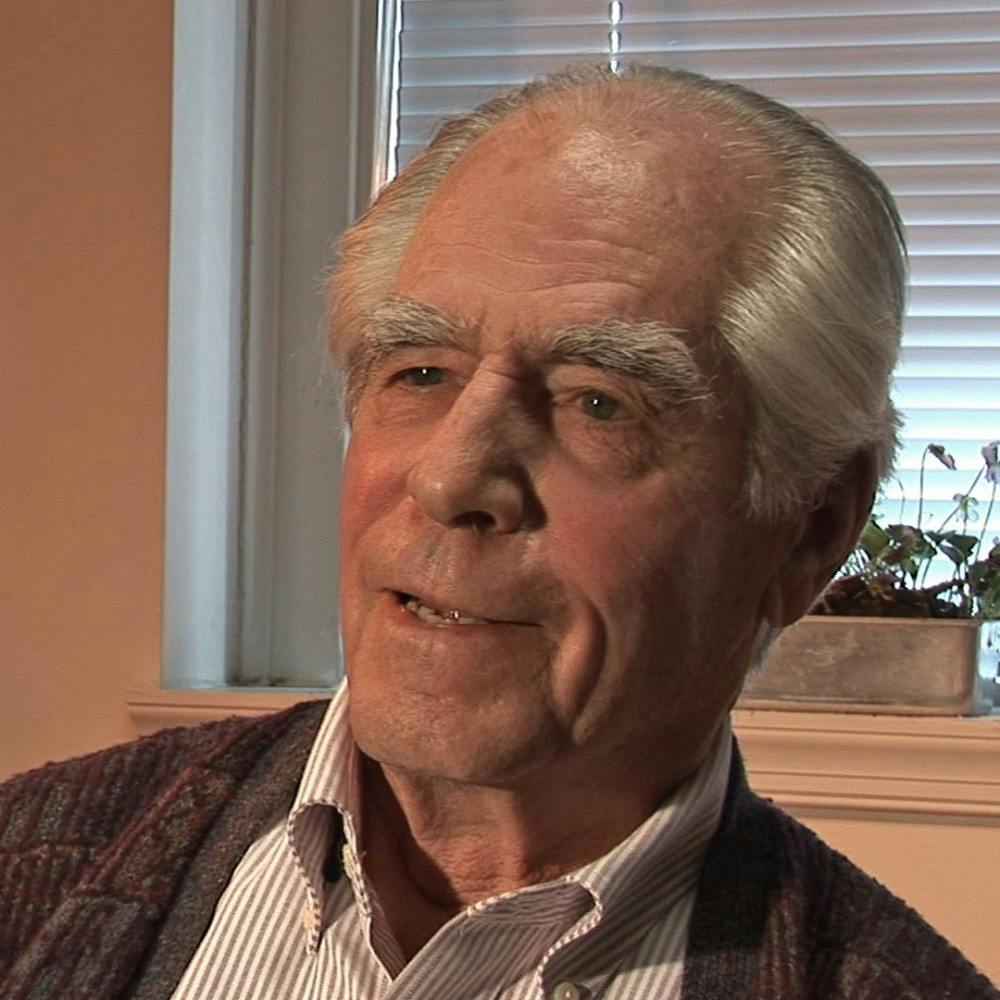Environmental Science Prof. G. Carleton Ray was recently recognized for his work by the Academy of Underwater Arts and Sciences.
The academy awarded him a NOGI, which have been given annually since 1960 by the academy to recognize “undersea luminaries,” according to its website. Prior to 2012, the award was given in four different categories: arts, science, sports/education, and distinguished service. A new category was added in 2012 — the environment — to recognize “people who, beyond their normal paid job, advocated, studied, lobbied or otherwise helped far beyond anyone else to protect the oceans and the life within.” The name comes from the trophies’ likeness to the ones given at the New Orleans Grand Isle Fishing tournament.
Ray is the first to be awarded a NOGI for the Environment.
“What this award does is that it identifies people who are advocates,” said David Smith, associate chair of the Department of Environmental Science. “It supports what we’re trying to do in this department which is to provide leadership.”
Ray’s career focus has been on coastal-marine conservation and he has co-authored a textbook on the subject. Ray was involved in the passing of key marine conservation legislation, most notably the Marine Mammal Protection Act and the Coastal Zone Management and Marine Sanctuaries Acts.
“If you look at his background, he was instrumental when it came to trying to lobby for … marine mammal conservation,” Smith said. “So he brings a lot of first-hand knowledge about conservation. Carleton’s able to take what people are thinking intellectually and put it into practice.”







